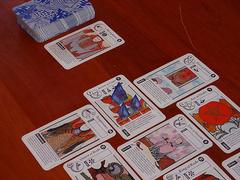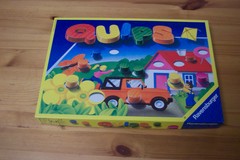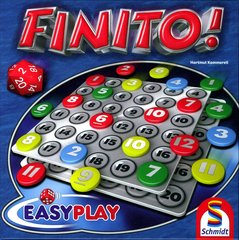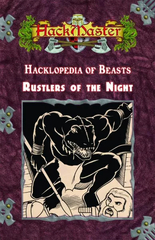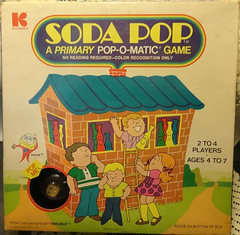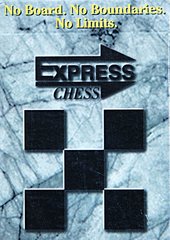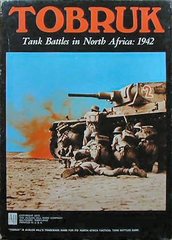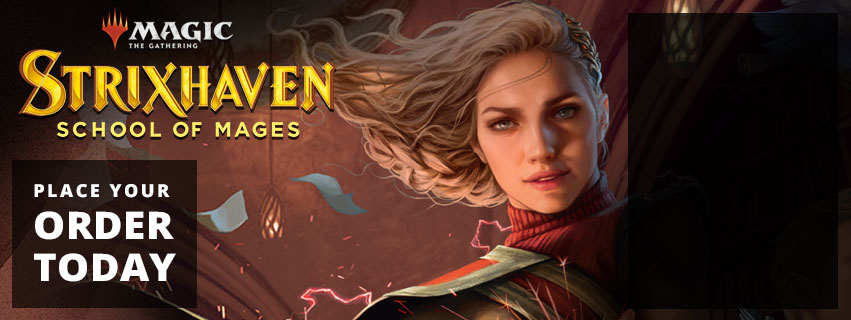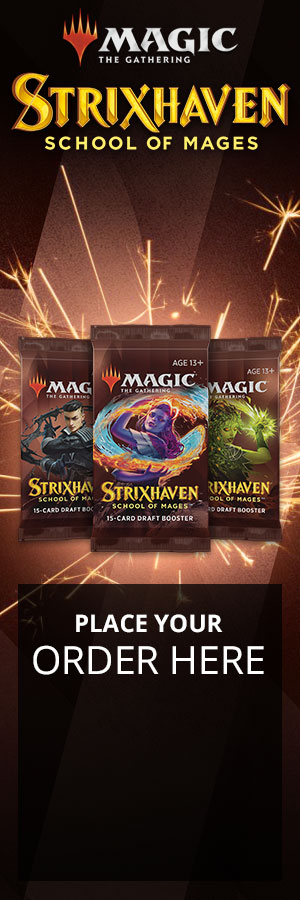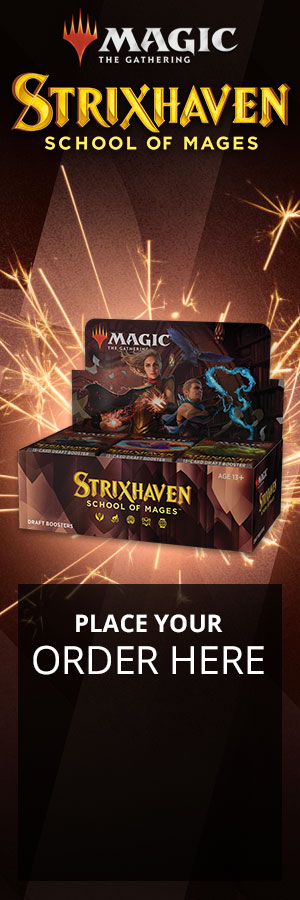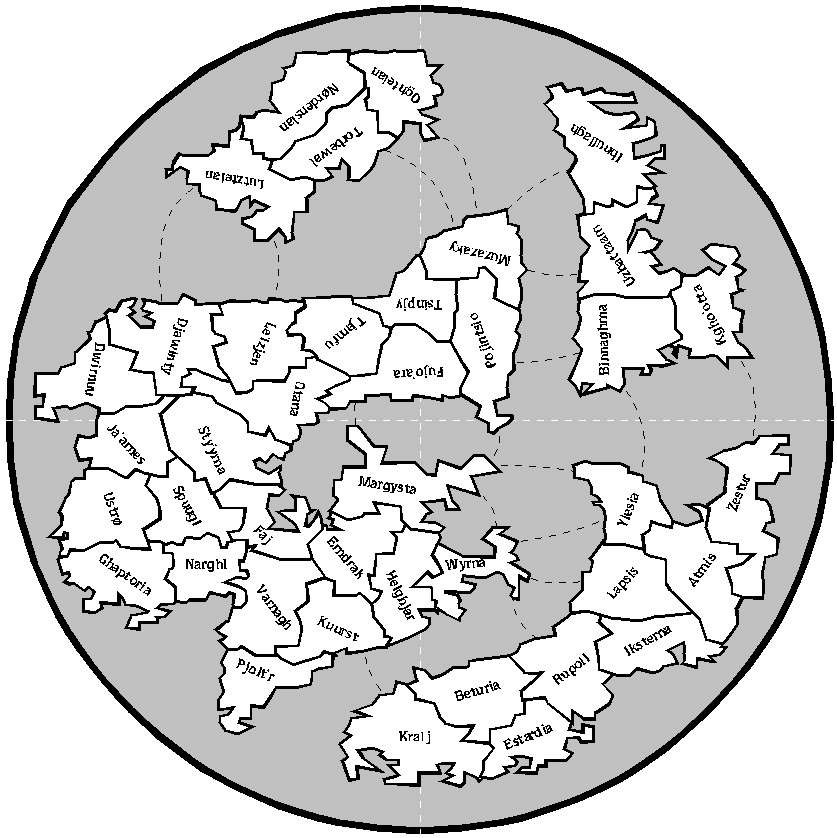
Caravan
-
Description
A pick up and deliver game where players trade goods and put up buildings. The 'robber' works against them as they try and build the most buildings.
Currently a free PnP from the publisher. See Web Links to download.
The gameboard consists of an imaginary map showing six different continents that are each divided into multiple countries. Every country is seeded with a token that represents one of eight different types of trade-goods. Players may pick up these tokens as they move their own pawn from country to country around the gameboard, and then collect payment for delivering the goods to a country where there is demand. Players spend their earnings to achieve a progression of game-ending conditions.
All movement, and the pick-up and delivery activity, is directed by a deck of Action cards. Players hold five Action cards in their hand and select one to use each turn.
Action cards display from 2 to 4 actions, using a symbolic format. Three different actions are possible: 1) a land move (across the border with any contiguous country); 2) a sea move (across the sea by following a designated connecting route); 3) pick-up/delivery. The symbols are stacked and must be executed in order but the cards may be rotated with either end up, thus reversing the sequence. Some action cards instead move a Robber pawn in a similar manner, who then steals in-transit goods from all players he encounters in his path.
The demand for goods is determined two other card decks. Cards from a Demand deck each name one trade-good, while those from a Country deck each identify one country. Randomly pairing one card from each deck identifies an active demand; the number of pairs always visible is one fewer than the number of players.
---
From the designer:
"In the second half of the 90s, I was a member of a gaming group in Groningen that met every Friday. On many occasions there were 7 or 8 of us, which was a bit of a problem because we didn't really like to split the group. That's why I set out to design a game that would be playable with up to 8 players (or a few more if more components would be made, but that never was necessary). 'Playable' here of course meaning that it wasn't just possible, but actually enjoyable.
Karavaan (Caravan - 1997) was the first of two games, I designed with this purpose. It's a pick-up-and-delivery game that's no fun with less than 5 players and that's best with 6 to 8. The prototype of the game is still owned and played regularly by my old game group in Groningen (I'm wondering what it looks like after 10 year, by the way. The card stock wasn't great so it should be in very bad shape by now...)Players control merchants in Caravan. All players have a hand of five cards with a variable number of up to three different symbols: move, sea-move, and/or trade. In a turn, a player can play one of his card to carry out these actions in the order on the card (or in the reverse order, since cards have no up or down side). Move means moving to an adjacent board space; sea-move is moving to an oversea space connected by a dotted line; trade is picking up a good from a space, or delivering a previously picked up good that is wanted in that space.
All board spaces represent counties. Demand in these (4) counties is determined by means of cards. Besides the board a number of cards equal to the number of players minus one is laid out. Next to these cards, goods cards are placed determining what these counties want. Whenever a demanded good is delivered, that merchant receives one coin and the county and good cards are replaced.
Supply is determined randomly by placing goods counters (8 types) on the county spaces on the board. When a merchant picks one of these up, a new one is drawn at the end of his turn, except when that merchant decides to make that county his 'homeland'. To win the game, a merchant must have a homeland (for 2 coins) with three buildings (2 coins each).
Homelands offer additional benefits. When a player delivers a demanded good to his own homeland, he gets double income. When other players travel through a player's homeland, he she may demand toll (in the form of a good other than the one demanded in that homeland).
Finally, there also is a robber that is controlled by the players. Besides the normal action cards (white), players may also have black action cards with move and sea-move symbols. These cards can be used to move the robber. All merchants passed by the robber lose their goods (but not their money) and no goods can be picked up or delivered and no buildings can be built in the same space as the robber." -
Details
Ages: 8 and upCategory: Print & Play, TransportationDesigner: Lajos BronsMechanics: Pick-up and DeliverPublisher: (Web published), Papercut GamesTime: 120 minutesYear: 1997

